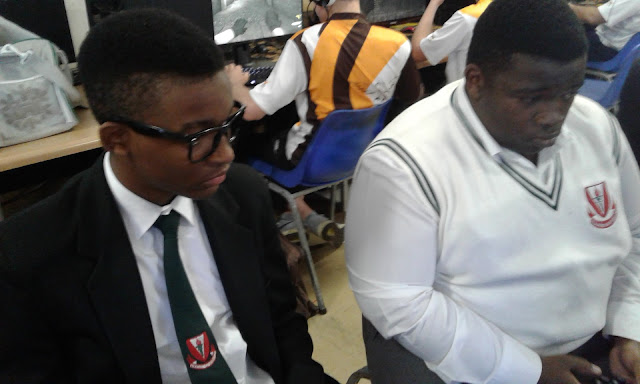Mind Sports South Africa (MSSA) has long held the view that esports can play a significant role in enabling disadvantaged youth. Such is done in several ways:
- Equal Access to Opportunities: Esports provides an opportunity for young people, regardless of their socio-economic background, to engage in a competitive and rapidly growing industry. Unlike traditional sports, esports doesn’t require access to expensive equipment or facilities, making it more accessible to disadvantaged youth.
- Skill Development: Engaging in esports can help youth develop valuable skills such as teamwork, communication, problem-solving, and strategic thinking. These skills are not only useful in the gaming world but also in education and the job market.
- Mentorship and Coaching: Esports often involves coaching and mentorship programs, where experienced players or coaches guide younger players. This can provide disadvantaged youth with positive role models and valuable guidance.
- Scholarships and Education: Many universities and educational institutions now offer esports scholarships. Disadvantaged youth who excel in esports can use these scholarships to access higher education and pursue careers in the gaming industry or related fields.
- Community and Belonging: Esports communities can be inclusive and welcoming, providing a sense of belonging for youth who may feel isolated in other aspects of their lives. This can help boost their self-esteem and mental well-being.
- Entrepreneurial Opportunities: Esports isn’t just about playing games; it also encompasses various aspects like event management, content creation, and team management. Disadvantaged youth with an entrepreneurial spirit can explore opportunities within the esports ecosystem to start their own businesses.
- Digital Literacy: Engagement in esports often involves using technology and digital platforms extensively. This can enhance digital literacy among disadvantaged youth, a skill that is increasingly essential in today’s job market.
- Income Generation: Talented esports players, content creators, and streamers can earn income through sponsorships, advertisements, and merchandise sales. For disadvantaged youth, this can be a source of income and financial independence.
- Safe Environment: Esports provides a safe and controlled environment for young people to socialize and compete. This can be especially valuable in areas where there are limited safe recreational opportunities.
- Inclusivity and Diversity: The esports community is increasingly recognizing the importance of diversity and inclusivity. Efforts to reduce toxicity and promote respect can create a more welcoming environment for disadvantaged youth.
- Inspiration and Aspiration: Successful esports players and personalities often serve as sources of inspiration for young people. They can demonstrate that with dedication and effort, it’s possible to achieve success even when facing adversity.
- Networking and Social Skills: Esports events and tournaments offer opportunities for networking and socializing. Disadvantaged youth can build important social skills and connect with peers and potential mentors.
However, it’s important to ensure that the benefits of esports are maximized for disadvantaged youth while also addressing potential downsides, such as excessive screen time or addiction. Providing guidance, supervision, and educational resources can help strike a balance between esports engagement and overall personal development for these individuals. Additionally, programs that bridge the digital divide by providing access to technology and high-speed internet are crucial to ensuring equal opportunities in the world of esports for disadvantaged youth.


